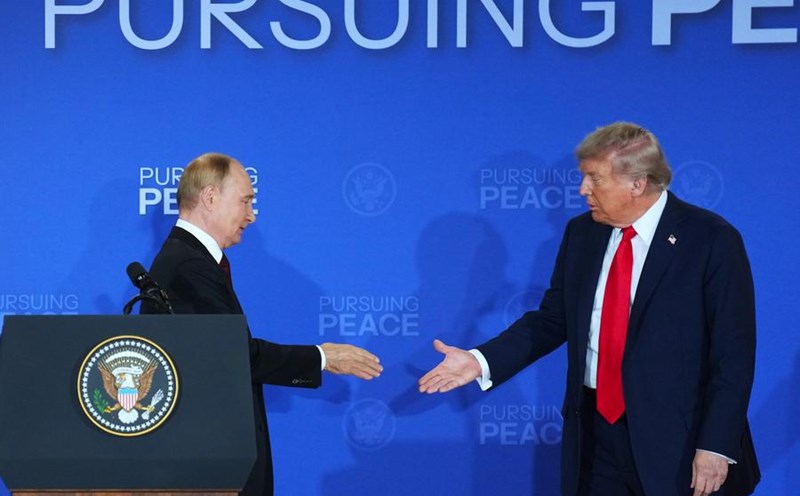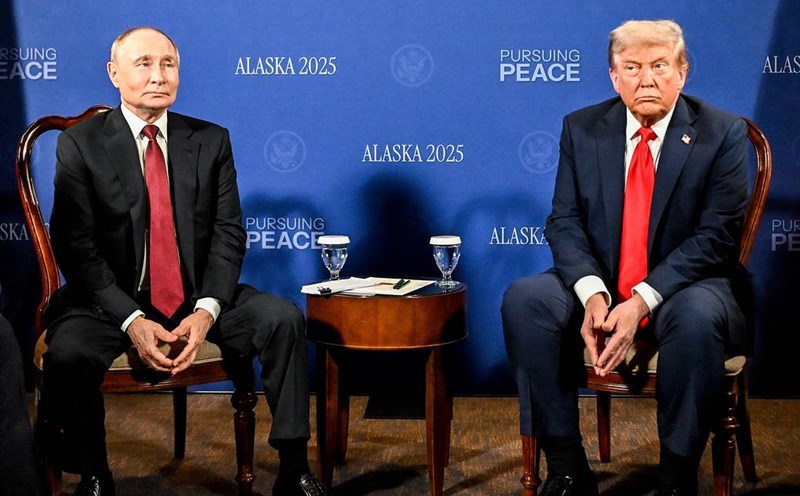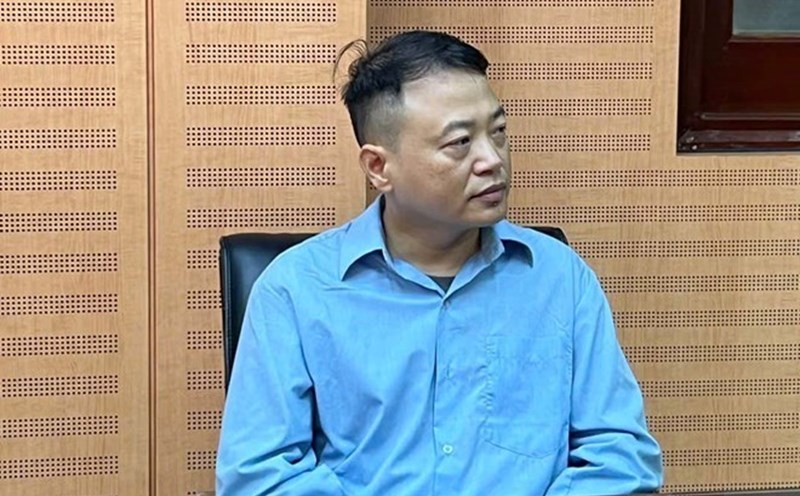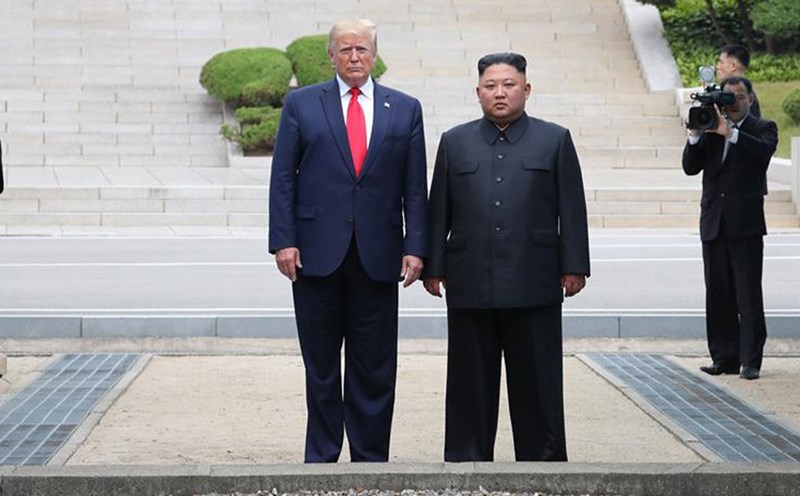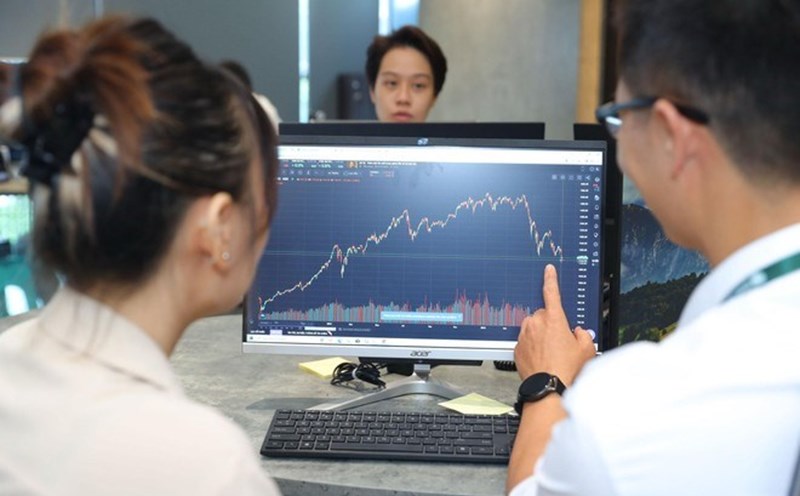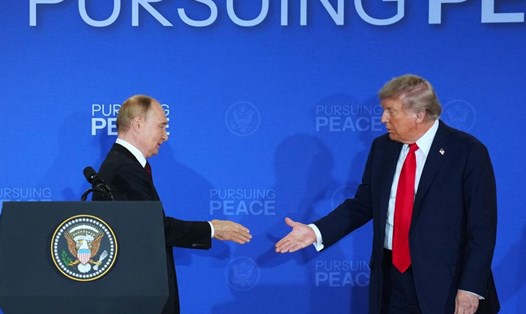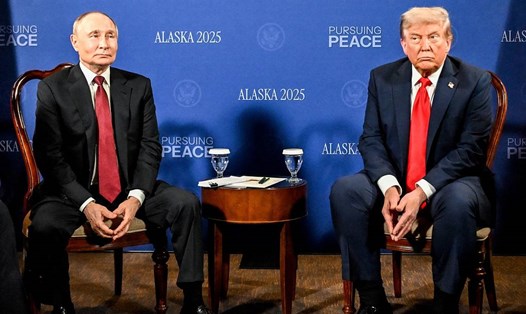The future of the Russia-US summit in Budapest (Hungary) will depend on the decision of the US side, which initially proposed the initiative, Russian Foreign Minister Sergey Lavrov said on October 26. Mr. Lavrov said that US President Donald Trump had proposed to meet Russian President Vladimir Putin in Budapest and Mr. Putin agreed to start preparations.
According to Foreign Minister Lavrov, the initiative to organize the summit in Budapest comes entirely from the US side. He stressed that the US was the one who proactively proposed the meeting and Russia, as the one who accepted the invitation, responded positively, clearly demonstrating goodwill and readiness for dialogue.
Mr. Lavrov explained more in detail about Russia's initial response: "This initiative was there and we are the polite people. When invited, we said, yes, we agreed."
He said that immediately after receiving the request, Russia expressed its readiness to go to the next stage of specific preparation work, showing that Russia seriously considers and prepares for the possibility of a meeting.
However, Mr. Lavrov also pointed out the inconsistency of the US side. He said that after Russia accepted the invitation, President Trump announced the cancellation of the meeting, although it was later explained as a postponement. Therefore, according to Mr. Lavrov, the next step must come from the US, which initiated the idea. Mr. Trump's reason for the delay is the lack of diplomatic progress.
Mr. Lavrov also said that he was not personally invited to attend a direct meeting but had a phone call with US Secretary of State Marco Rubio. Accordingly, the US side said that the phone call went well and effectively, to the point that no more meetings were needed at the time.
On October 23, President Putin said that the Russia-US summit in Budapest is likely to be postponed, not canceled.
statements from Russia show that Russia is taking responsibility for whether or not to completely re-attach the summit plan to the US side, and at the same time demonstrating a ready-to-dialogue stance if the US is truly serious and respects Russia's interests.

